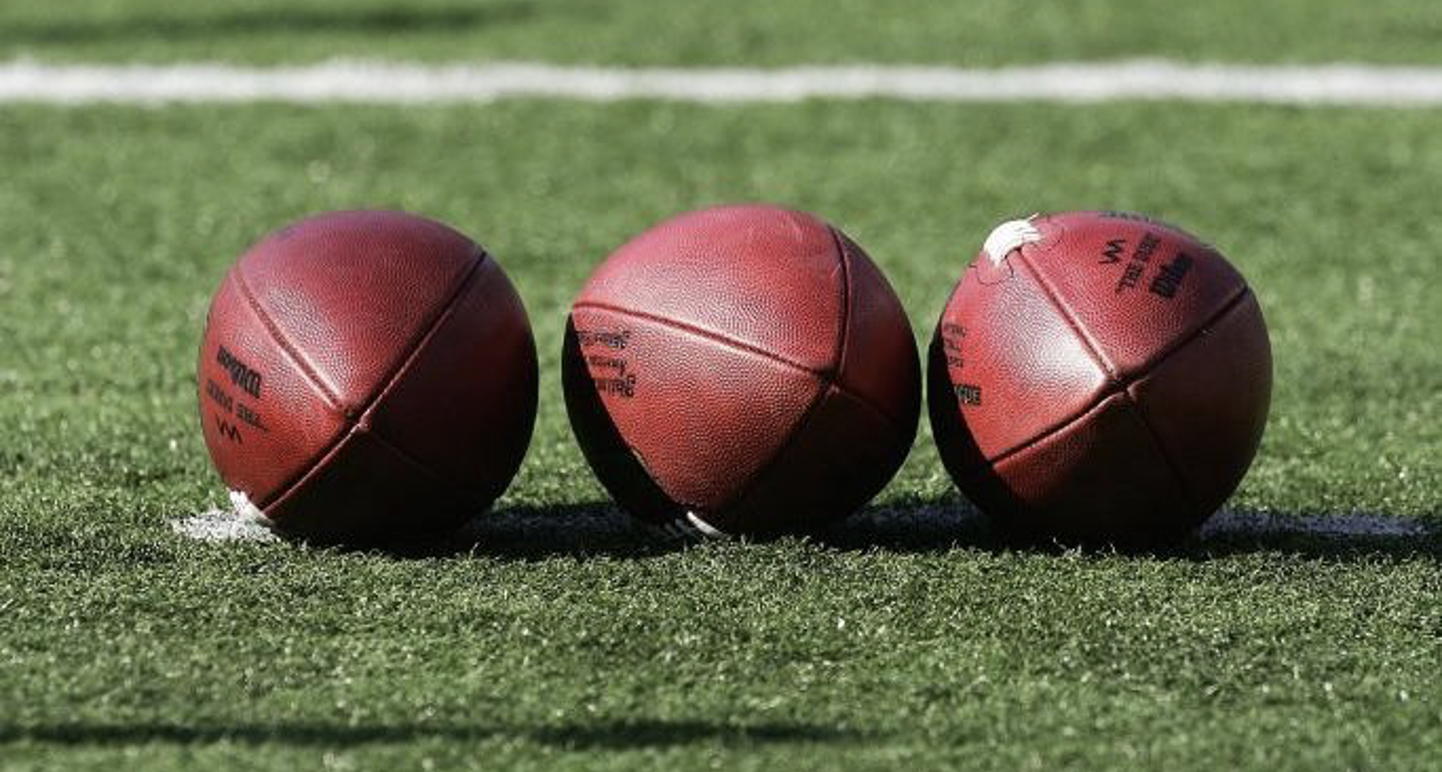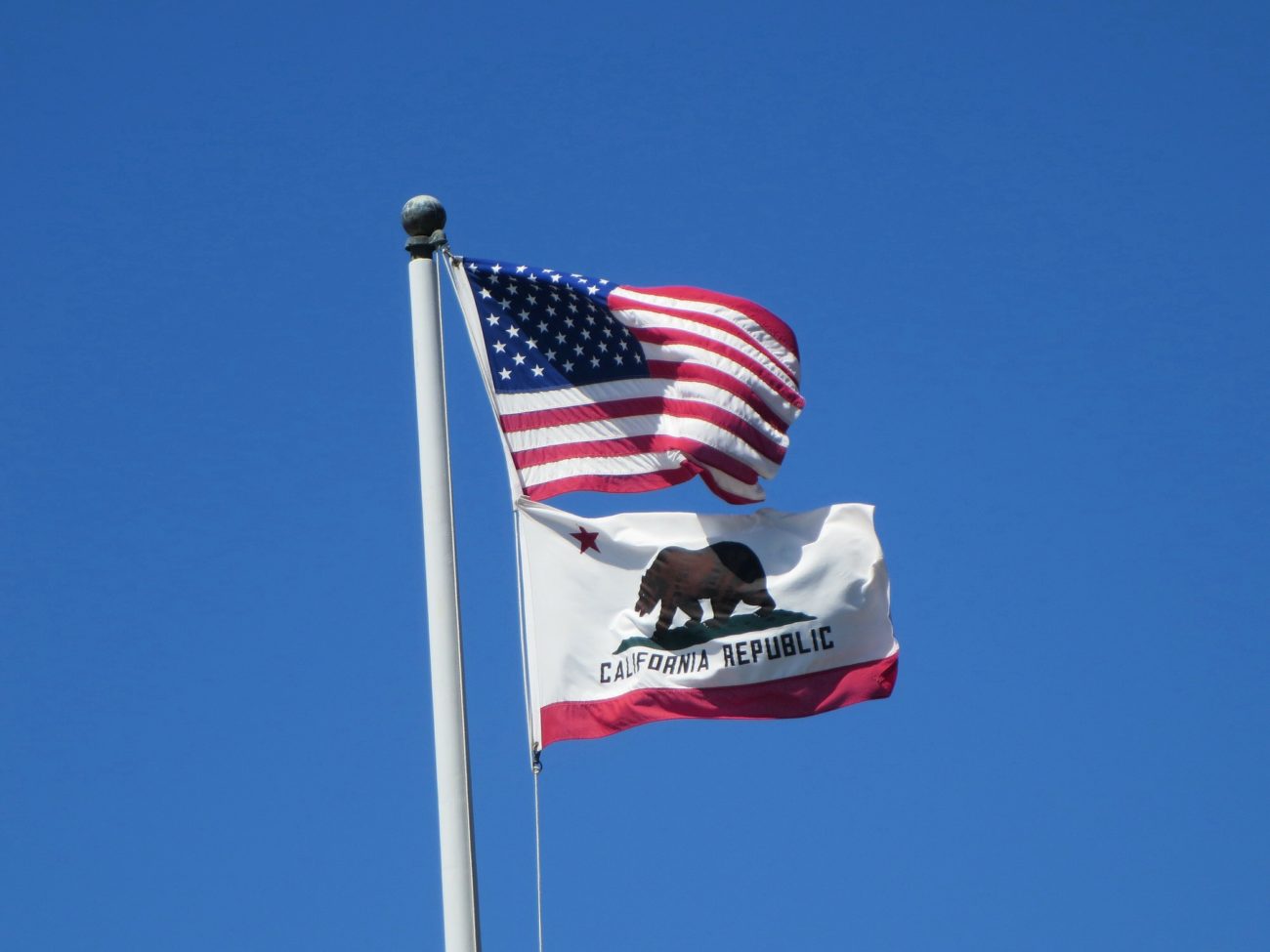CNIGA issues “warning” after California sports betting initiative scrapped

The two ballots aiming to legalise sports betting would have given tribes the exclusive rights to offer sports betting in California. However, they were scrapped on Monday after fierce opposition from tribes in the state given the proposals outlined.
Eagle1 Acquisitions Corp, the group of backers for a proposition to legalise sports betting in California, had made several amendments to its ballot initiative in December in an effort to gain further tribal support.
Tabled in October, the Sports Wagering Regulation and Tribal Gaming Protection Act, would allow for legal betting. If approved, the ballot would have amend Article IV, section 19 of the California constitution. This will grant tribes exclusive rights to offer retail and online betting.
However, these were rejected by the CNIGA. Following the withdrawals of the Tribal Gaming Protection Act and The Sports Wagering Regulation and Tribal Gaming Protection Act, CNIGA said the collapse of the initiatives should serve as a cautionary tale against further bids to legalise sports betting in California.
A CNIGA statement said: “We are pleased that in the face of widespread tribal opposition, the backers of two initiatives have kept their word and withdrawn what we could only regard as a cynical attempt to legalise sports wagering and online betting in California.
“These initiatives attempted to use tribes’ good names to cleanse illegal off-shore, online gambling corporations with an appalling track record of malfeasance.
“Let this failure also be a warning to others that seek to dubiously enter the California gaming market. Using tribes for your own gain will get you nowhere.”
What were the California ballots proposing?
While details on the Tribal Gaming Protection Act were sparse, The Sports Wagering Regulation and Tribal Gaming Protection Act included tribes placing 15% of their adjusted sports betting gross gaming revenue (GGR) into a tribal wagering revenue trust fund.
Tribes would also be committed to contribute 10% of their GGR into a California homelessness and mental health fund. Tribes would also need to partner sports betting operators, which would operate as vendors.
Amendments were made in December in a bid to boost tribal support. Changes included sports wagering being available to launch from 1 July 2025, slightly earlier than the original September 2025 date.
Sports betting GGR contributions to the trust fund increased from 15% to 25%. Additionally, a requirement for in-person online gambling registration for those outside a 10-mile radius from a casino was set to be removed after two years.
Push back from the CNIGA
The ballots previously received criticism from the CNIGA, with the group expressing disappointment they they were not contacted for consultation.
Commenting back in October 2023, the CNIGA said that: “The California Nations Indian Gaming Association is deeply disappointed that the sponsors of the two recently filed initiatives did not first reach out to the state’s largest tribal gaming association for consultation and input.
“Instead, CNIGA and our member tribes were alerted to their existence when they were filed with the attorney-general today [27 October 2023].”
“Decisions driving the future of tribal governments should be made by tribal governments. While the sponsors of these initiatives may believe they know what is best for tribes, we encourage them to engage with Indian Country and ask, rather than dictate.”
At the time, the filing of the proposed ballots came as something of a surprise, due to its late filing and after voters in California rejected sports betting proposals in November 2022.
Earlier this month, the SBA, made up of operators such as DraftKings and FanDuel, also expressed its opposition to the ballots.
SBA spokesperson Nathan Click outlined the reasons for the alliance’s resistance, saying: “Without significant and widespread tribal support this initiative fails and sets back productive conversations for several years.
“Further, this initiative is constructed to prevent the market from reaching anything close to its potential to the detriment of all stakeholders.”
Lack of tribal support to blame for initiatives’ failure
The key reason for the unsuccessful ballots was the lack of tribal support, as well as the general apathy towards sports betting in California.
Two different measures to legalise sports betting in the state in November 2022 failed. Tribal-backed Proposition 26 and commercially-supported Proposition 27 both lacked the required number of votes.
Brendan Bussman, managing partner at B Global Advisors, was unsurprised by the failure of the new ballots. Bussmann pointed to the need for compromise if California is to one day have a legal sports betting market.
“You’re looking at an environment where only 30% of the people said they like sports betting,” Bussmann told iGB. “That’s not going to change in the short-term.
“They need to find a compromise on the tables. Arkansas for example, or Florida, although I’m not saying they’re ideal models.
“Tribes made it clear that they don’t want this. They must ensure that tribes are heard and listened to.”
Do Californians want online sports betting?
Interestingly, depsite the market’s potential, there has never been a strong push from the public to legalise sports betting.
The subject had been ebbing its way into California all throughout 2022, with a poll in February that year revealing some support for it.
In May, it was confirmed that a proposition to allow sports betting in the Golden State would appear on ballots in November 2022. This was to sit alongside another sports betting initiative, one backed by tribal gaming groups entitled the Tribal Sports Wagering Act Initiative.
But Democrats in California recommended voters vote no against sports betting proposals. They did not endorse the tribal proposal but endorsed a no vote on the operator-backed Proposition 27.
Although both proposals appeared on the November 2022 ballot, they were ultimately rejected by voters.



